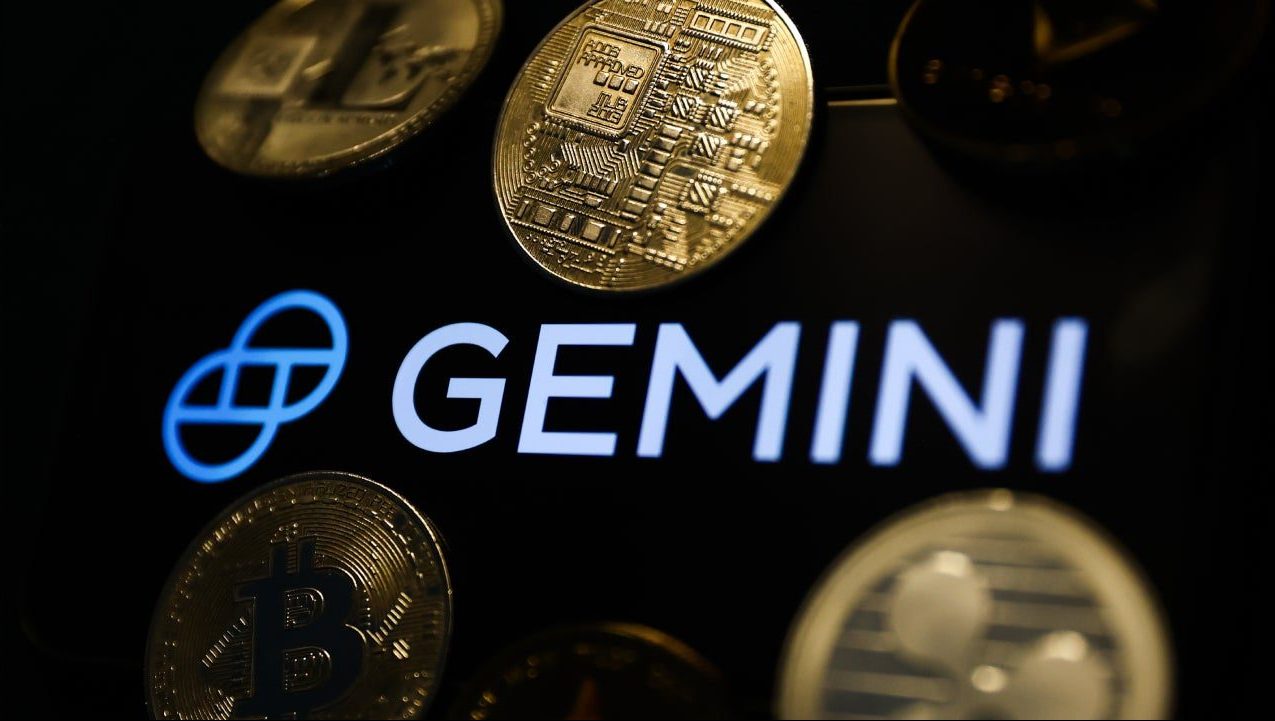On October 27th, Gemini, a cryptocurrency exchange, filed an adversary case in the Bankruptcy Court for the Southern District of New York against Genesis Global Holdco, a cryptocurrency lender that had filed for bankruptcy. The future of 62,086,586 GBTC (Grayscale Bitcoin Trust) shares is at stake. As part of the Gemini Earn Program, 232,000 Gemini users utilized them as collateral for loans granted to Genesis. As of right now, the value of the security is close to $1.6 billion.
Genesis has repeatedly taken actions to harm Earn users and to hinder and delay Earn users’ recovery of their digital assets. It is time to resolve these issues so that Genesis may move forward with a reasonable plan of reorganization and Gemini may distribute the proceeds of the collateral to Earn users.
The lawsuit alleged
This complaint follows a similar one filed a week ago by New York Attorney General Letitia James, who accused Gemini, Genesis, and DCG of bilking over 230,000 investors out of over $1 billion.
Foreclosure of the collateral reportedly netted Gemini $284.3 million for the benefit of Earn customers, but Genesis has challenged the process, stopping Gemini from releasing the profits.
Disputes between Gemini and Genesis began last year when Genesis stopped being the New York exchange’s major lending partner for the Gemini Earn product. Customers may cash in their cryptocurrency gains via Gemini Earn. However, Genesis temporarily halted withdrawals when the giant crypto exchange FTX failed, and Earn clients were left wondering what happened to their money.
In January, Genesis declared bankruptcy. The Gemini Earn program was affected by the suspension of withdrawals in November 2022. In July, Gemini filed a fraud suit against DCG and its CEO Barry Silbert over the Earn program. According to the lawsuit, Gemini Earn users make up 99% of Genesis’ debtors, and their claims account for 28% of all claims by value. The former partners are being sued by the U.S. Securities and Exchange Commission for allegations that Gemini Earn sold securities without first registering them with the SEC.
































